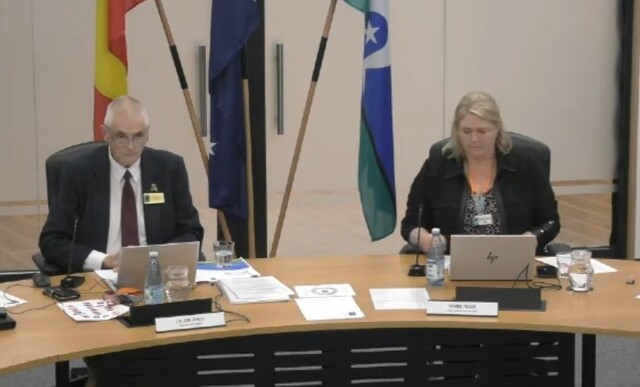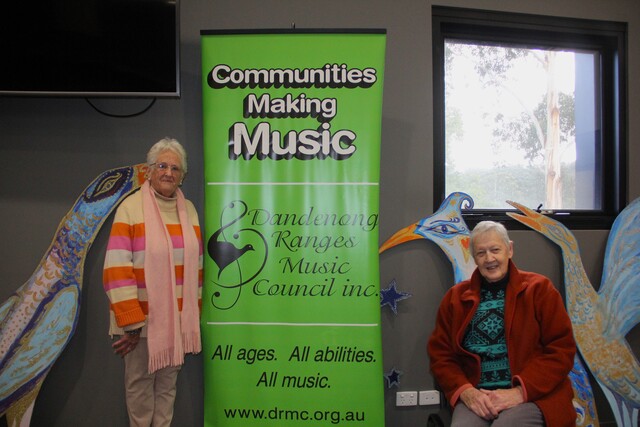By Casey Neill
A BIRD feeding ban would not curb destructive cockies, according to a bird-feeding researcher.
University of Queensland PhD student Michelle Plant said encouraging responsible feeding practices was a better solution to cries for help from Kallista residents to stop sulphur-crested cockatoos tearing the town apart.
Yarra Ranges Council officially proposed a bird feeding ban last September and is investigating the proposal and will consider implementing it next April.
The plan is based on expert advice that boredom caused by people feeding the birds is the leading cause of their property damage.
But Ms Plant said, “I am not sure that banning feeding is the answer”.
“People are committed not only to the pursuit of feeding and enjoyment of birds, but also to protecting their freedom in their own backyards,” she said.
“Education on responsible feeding practices would be a good stepping stone on the way to improving the situation.”
“In my experience, implementing responsible feeding practices is fundamental to achieving a better balance. As with most things in life that we enjoy, moderation is a key.”
However, Lyster Ward councillor Samantha Dunn said advice from Department of Sustainability and Environment (DSE) “does not talk about moderation”.
“From my perspective the cockatoos are causing so much damage,” she said.
“We cannot unfortunately take a moderate line.”
Cr Dunn was bracing herself for “the next season of chewing.”
“I hope people can resist the temptation to feed cockatoos because the consequences for their neighbours and the environment are too great,” she said.
Councillors have also urged the State Government to cut short a contract with Kallista attraction Grants on Sherbrooke allowing them to feed wild birds.
But owner Cheryl Campbell said she and her team were working under guidelines from DSE and Ms Plant.
“We’re not looking for an easy buck, we care about the health of the birds,” she said.
Among Ms Plant’s responsible feeding tips were providing fresh, clean, quality feed that is nutritionally balanced for the species and similar to what it would eat in the wild.
She said any uneaten feed should be left out only as long as humans would still feel comfortable eating it themselves.
“Use feeders appropriate for the species being fed, designed to ensure there is no risk of the feed becoming contaminated by droppings and to limit feed falling and collecting on the ground,” she said.
Ms Plant said to limit feeding time to about 15 minutes to avoid overfeeding and limit competition.
“It is important for birds to continue to forage naturally, so that they are more likely to gain a balanced diet and don’t become dependant on the feeder,” she said.
“It may help to stagger the days on which feed is offered so that individuals don’t become too reliant on the artificial feed source.”
Ensure water is clean and fresh and plant native trees.
Ban is for the birds
Digital Editions
-

Scoliosis isn’t a life sentence
It’s not uncommon for someone to come into my clinic a little shaken after being told they have a scoliosis. The word itself can sound…





